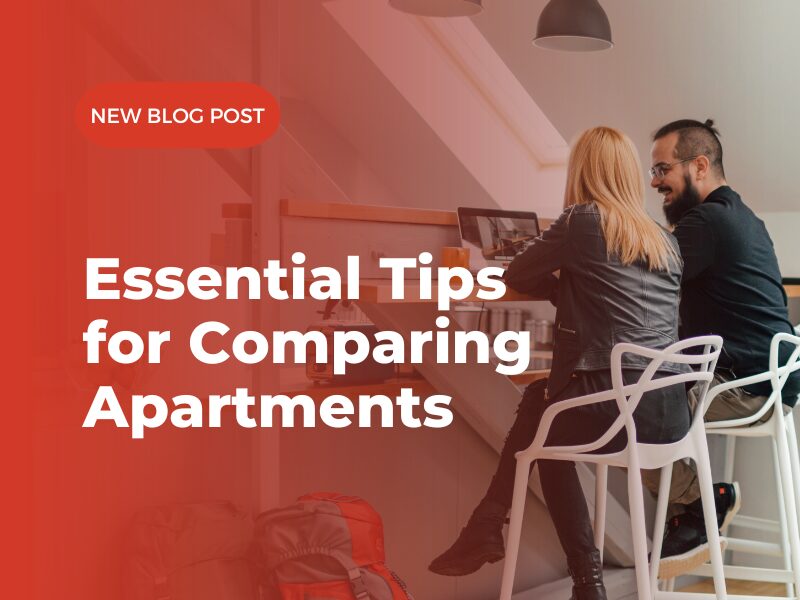The Importance of a Budget and How to Create One


Budgets are important for everyone but especially so if you are low income. Having a budget can help you plan for all your expenses, save for deposits or larger purchases, and avoid overspending and getting overdraft or NSF charges. Here are three steps to creating a budget:
Step One: Income
The first step of creating a budget is to figure out how much income you receive in a month. In addition to your primary source of income don’t forget to include incomes like Trillium, GST, and Child Tax Benefits. Make sure you are using your net income (the money that you take home after taxes and deductions) for your calculations. If your income changes month to month the best way to calculate what your monthly income is would be to take the average of your last few payments (add up the income you received over the last few months and divide by the number of months). If your monthly income is inconsistent keep in mind that in the months you earn more, you will have to save some of that money for the months that you earn less.
Step Two: Expenses
When calculating what your monthly expenses are it is best to look at what you actually spent in the most recent months rather than estimating as this is more likely to be accurate.
One of the quickest ways to calculate your average monthly expenses is to look at your monthly bank statements, including credit card statements, if you pay for everything by card. As your monthly expenses likely fluctuate it is always good to take the average of what you spent in the last few months.
Step Three: Putting it Together
Once you have worked out your monthly income and your monthly expenses it is time to put everything together. It is often a good idea to use a budgeting template for this. Your income should always exceed your expenses, ideally you also want to have a bit of wiggle room in your budget in case you do need to spend extra or if your income decreases slightly, if this extra amount is not spent in the month, you can set it aside to use in an emergency.
When looking for a new place keep an eye out for hidden costs that may not be clearly stated in the advertisement such as utilities, parking, or storage. If there are extra fees ask the landlord how much these will be before agreeing to rent the place. Sometimes these fees, such as with utilities, may not be fixed and instead be based on usage, a good question to ask in these instances is if the landlord can tell you roughly how much the previous tenant was paying or what the average for individuals in a comparably sized unit pay each month.
The Government of Canada has a free budgeting planner that you can also use to help you create a budget.
Instagram Feed
"My life has been completely turned around since finding Lutherwood. They have given me so much more than a safe place to stay. A lot of people pulled together to help me, and I am so grateful."












